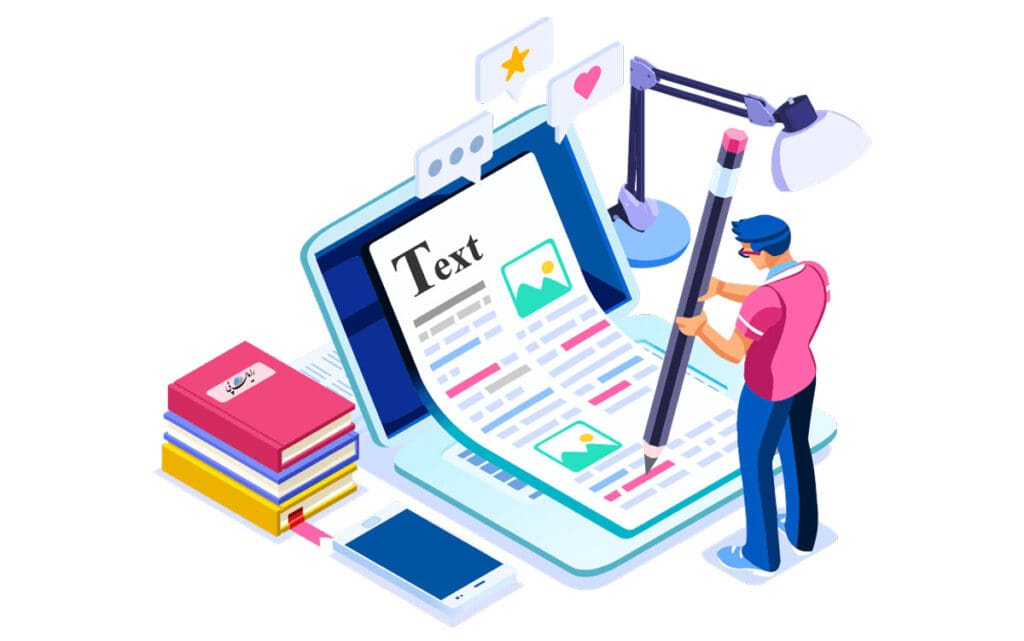



The Google Explains Alt Text for Logos & Buttons is a Must-Read




Google has released a blog post covering how to show your logo and buttons through alt text in your web design. This is especially useful for online shops and websites that feature product imagery. For example, let’s say you have a new hat in your shop that has a photo of the hat on it. If you don’t show the logo and button text through alt text, users would need to mouse over the image to see what it says. However, if you show them through alt text, they can just click on the image to read what it says instead.
What is alt text?
Alt text or “Alternate text” is the textual equivalent of the image alt attribute. It is the text that appears below a photograph when it is used for the image caption. This text is used when a browser is unable to display the image’s caption, or cannot understand the caption text. For example, when using a text-to-speech service, the computer will use the caption text as the audio’s description.
Add a short bit of text to your image to explain it in other languages.
If your product images share the same text description in other languages, you can use this feature. It will allow your users to click on the image and see the description in their language. Google explains how to use alt text with logos and buttons.
Google explains how to use alt text with logos and buttons.
This is a very straightforward way to use alt text with logos and buttons in your designs. Google explains how to add “alt text” to your images and make it easy for your users to understand the contents of your images.
Use long descriptions for product images.
It’s best to add detailed descriptions for product imagery. However, for logos and buttons, you can just add a short logo and button description. This will allow you to use the logo and button images for their aesthetic appeal, while still making it easy for visitors to understand what it’s all about.
Show the button text through written instructions.
You can also use written instructions to show the button’s text through alt text. It’s best to only use this for button text, as using it for a logo or text descriptions would make it look like an instruction.
Use the HTML alt> attribute for more complex elements.
You can use the alt attribute for more complex elements, like when you have an image with text overlaid on it, or you want to use an image as a button.
Use title> element for non-image content.
You can also use the title element for non-image content, like a header, navigation, or footer. You can use this to add alt text to these elements.
Wrapping up
Alt text is a great way to expand the functionality of your images and make it easier for your users to understand the content of your design. Google even has a blog post on how to do this, and the best part is that it’s super easy to implement. Now you know how to use alt text on your website, make sure to follow these tips and reduce the amount of confusion in your designs.








